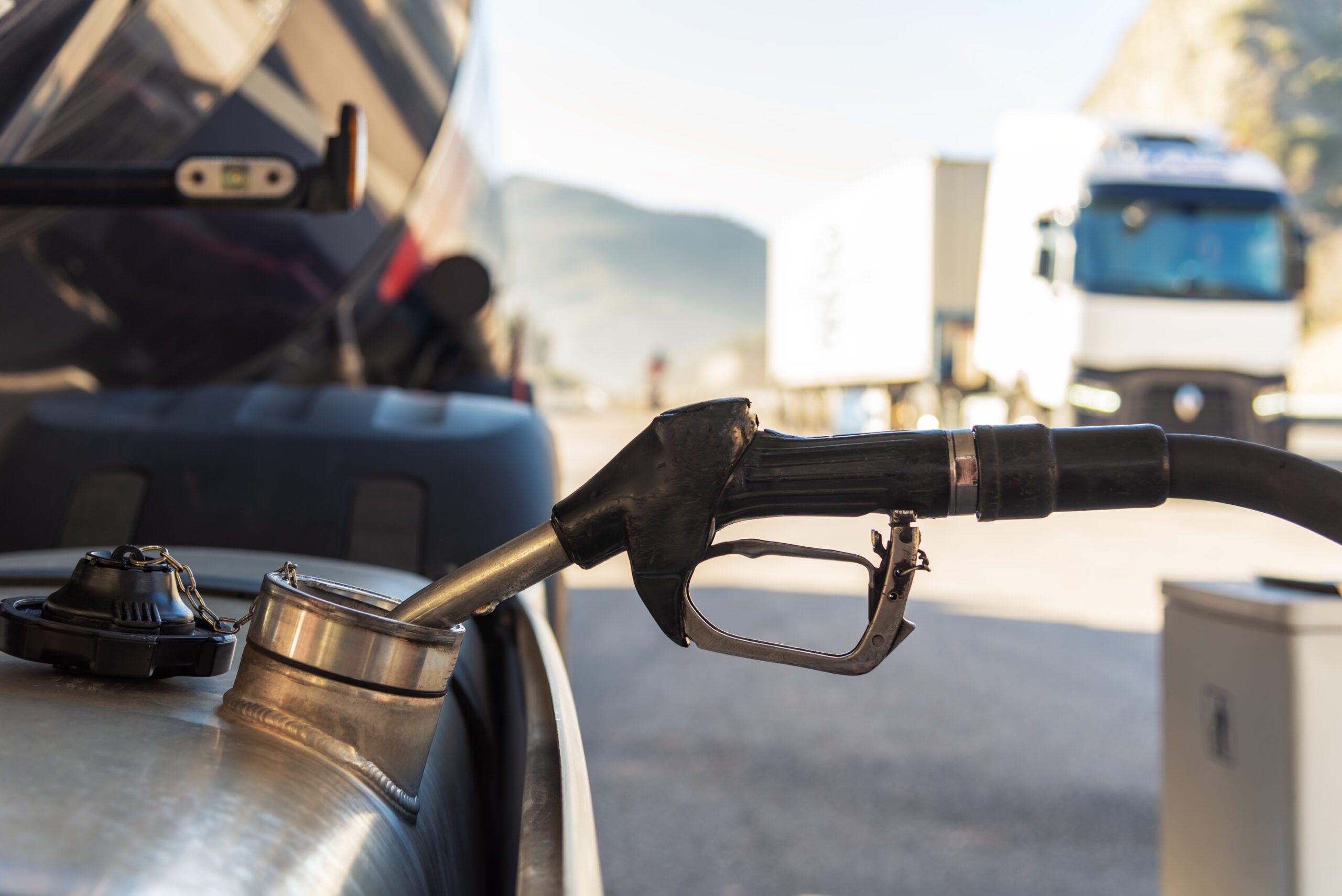Unveiling The Hidden Consequences Of Engine Idling
Efficient fleet management is crucial for businesses in the United Kingdom, with a focus on optimising operational costs and sustainability. Among the often overlooked expenses lies the significant impact of engine idling. Though idling may seem inconsequential, it accumulates substantial costs over time, negatively affecting both the environment and a company’s financial performance. In this article, we delve into the true costs of engine idling in UK fleet management, supported by relevant statistics and data from reputable sources.
Fuel Consumption and Financial Implications
Engine idling leads to unnecessary fuel consumption, resulting in increased costs for fleet managers. In the UK, an idling heavy-duty vehicle can consume approximately 2 litres of fuel per hour. For fleets with multiple vehicles idling for extended periods each day, the cumulative expenses become significant. According to research conducted by the Energy Saving Trust, the annual fuel cost per idling truck in the UK can range from £400 to £2,000, depending on the vehicle type and idling duration.
Maintenance and Repair Costs
Excessive engine idling also contributes to higher maintenance and repair expenses. When a vehicle idles for prolonged periods, the engine operates at lower temperatures, leading to incomplete combustion and the buildup of carbon deposits on engine components. These deposits can decrease fuel efficiency, impair engine performance, and potentially require costly repairs. The Energy Saving Trust estimates that excessive idling can result in a 10% to 15% increase in engine maintenance costs.

Environmental Impact
Engine idling significantly impacts the environment, contributing to air pollution and greenhouse gas emissions. Idling vehicles emit pollutants, including nitrogen oxides (NOx), volatile organic compounds (VOCs), and particulate matter (PM), which have detrimental effects on air quality and public health. Furthermore, idling vehicles release carbon dioxide (CO2), a major greenhouse gas contributing to climate change. UK statistics indicate that heavy-duty truck idling accounts for approximately 4.3 million tonnes of CO2 emissions annually.
Productivity Loss
Engine idling not only impacts financial aspects but also reduces operational productivity. When vehicles idle instead of being on the road, valuable working hours are wasted. A study by the Transport Research Laboratory found that idling accounted for an average of 12% of total engine run time for commercial vehicles in the UK. By reducing idling time, fleet managers can improve overall productivity, optimise vehicle utilisation, and enhance operational efficiency.
Conclusion
The true costs of engine idling in UK fleet management extend beyond mere fuel consumption without movement. From financial implications and increased maintenance costs to environmental consequences and health concerns, the impact of idling is substantial and wide-ranging. Fleet managers must adopt strategies to minimise engine idling, such as implementing idle-reduction technologies, conducting driver training programmes, and establishing clear policies and guidelines.
By addressing and mitigating the hidden costs of engine idling, fleet managers in the UK can enhance operational efficiency, reduce fuel consumption, lower maintenance expenses, protect the environment, and create a healthier work environment for drivers and surrounding communities. Recognising and acting upon the true costs of engine idling in fleet management will lead to a more sustainable and profitable future for businesses in the United Kingdom
More Articles & Case Studies
Want To Learn More?
If you aspire to enhance your fleet operations, give us a call or drop us an email, and together we can explore how our solutions can transform your business. Don’t miss out on the opportunity to optimise your fleet’s performance and maximise your success.
Contact us now and unlock a new era of efficiency and profitability for your company.




